#the closet
Text



Part 2 of this I guess.
Also I headcanon that Frida and Jesús exclusively speak spanglish to each other.
#clone high#clone high abe#clone high frida#topher bus#ch#abraham lincoln#jesus christo#jesús cristo#freddie mercury#clone high freddie#issart#comic#the closet#closet#Abe is in denial#clone high topher#tophabe#abetoph
336 notes
·
View notes
Text
(x) "There was a time where it was very possible that you would be attracted to someone and they were also attracted to you. But they were living in this place called The Closet, which was not a place. It was not an apartment building. It was an existential existence that one could have. [...] Sometimes I liked being in the closet with people. [...] People are like, No, no gay utopia, but there's a reason why we keep writing books about it and songs about it and TV shows about it and movies about it. It feels good to feel bad. [...]"

"Like, if Taylor Swift marries that football player, you're all f*cked, you know. Like if she marries that football guy. That very... That I don't understand. I don't know what's happening. Anyways. I'm just saying, don't root against people. But also, are you sure you want to root for them?"
Jack Antonoffs lesbian friends Tegan and Sara. 🏳️🌈
129 notes
·
View notes
Text
Fingers Fridays (Special Edition) Fingers in Your My Mouth Friday
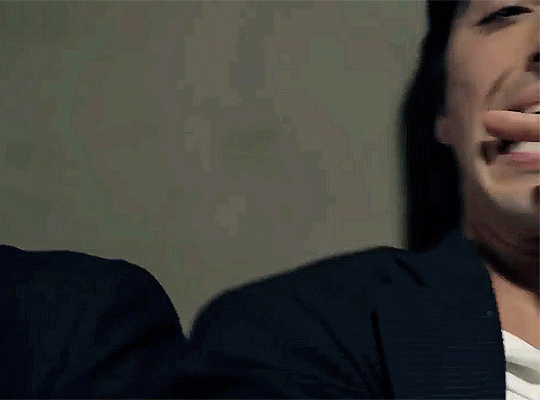
RED, WHITE & ROYAL BLUE (2023) dir. Matthew Lopez
All right, so I've for some reason not yet talked about how much I love Taylor's hands and his fingers. Or maybe I have, and I've forgotten doing so. In the many rewatches I've done, I find myself just staring at his hands, not only are they gorgeous, but he uses them to emphasize Alex's feelings so often. But before I get lost and go on and on about other scenes in the film, let's talk about this one from the reel. It's so incredibly hot. It isn't even just a finger in the mouth, but the use of teeth, too. He's being silly, sure, but when I saw this I wasn't laughing at all. With my "Fingers Friday" posts inspired by "Fingers in My Mouth Friday", this shot is perfect for today. And damn does Taylor look edible here with those fingers in his mouth!
#RWRB#RWRB Movie#Red White and Royal Blue#FirstPrince#Alex X Henry#Friday#Fingers Friday#Fingers in My Mouth Friday#Alex Claremont-Diaz#Alexander Claremont-Diaz#Henry Fox#HRH Prince Henry#HRH Prince Henry George Edward James Hanover-Stuart Fox#My RWRB Pics#Nicholas Galitzine#Taylor Zakhar-Perez#The Closet
42 notes
·
View notes
Text
Break in
*people invade the house*
Five: *hiding Klaus* Get in the closet.
Klaus: But I like who I am.
Five: THATS NOT WHAT I MEANT!
Klaus: Oh, this closet.
Credits to @fiveisnumber1
#the umbrella academy#five hargreeves#klaus hargreeves#ben hargreeves#luther hargreeves#diego hargreeves#viktor hargreeves#allison hargreeves#the closet#tua#umbrella academy#umbrella academy memes#tua textpost#text post#incorrect tua quotes#tua incorrect quotes#incorrect tua
1K notes
·
View notes
Text
Do i even have to say it...

#byler#lmaooo#the closet#jonathan blocking it#'not on my watch'#go order some pizza that has boy in the name together or whatever
79 notes
·
View notes
Text
Colonel Martin's Closet
A common sentiment I've found across many reviews of The Patriot is that Benjamin Martin could be an interesting character if the filmmakers were not so concerned with presenting him as "good." The contrast between what Martin claims to believe and value, and what others believe about him, and his behavior is certainly stark. However, I find the insistence of Martin, his community, and the narrative as a whole that his violence does not define him, despite being the most consistent thing about him, to be precisely what makes this character interesting.
It becomes clear early on that Martin has been keeping a secret from his family concerning his service in the French and Indian War more than a decade prior to the start of the film. The first allusion to this secret comes when a fellow Patriot expresses surprise that opposition to the impending American Revolutionary War arises from "the same Captain Benjamin Martin whose fury was so famous during the Wilderness Campaign." Martin's only reply is "I was intemperate in my youth." Yet less than twenty minutes of run time later we find him sitting on a British regular's back while hacking into his shoulders and neck with a tomahawk and screaming. Both of these scenes are witnessed by Martin's eldest son Gabriel, on whom the camera lingers in the aftermaths. Later, that son makes the observation, "Wherever you go, men buy you drinks because of Fort Wilderness. Strangers know more about you than I do." Up to this point, Martin has constructed a wall to separate his life as a soldier and his life as a father. Or, rather, several walls. And a door.
In Epistemology of the Closet, a foundational text in queer theory, Eve Sedgwick writes of the closet that "a whole cluster of the most crucial sites for the contestation of meaning in twentieth-century Western culture are consequentially and quite indelibly marked with the historical specificity of homosocial/homosexual definition, notably but not exclusively male, from around the turn of the century. Among these sites are, as I have indicated, the pairings secrecy/disclosure and public/private" (72). The Patriot's subject matter predates the historical specificity Sedgwick delineates, but the film's writing does not. Indeed, given its rampant historical inaccuracies, The Patriot may be said to tell us more about the early 21st century than the 18th one. It is no secret that Martin is a soldier, but the particular kind of violence he engaged in previously breaks containment over the course of the film even as most others' recognition of it does not. I want to propose that the closet is a particularly apt metaphor for the ways Martin's crimes are separated from his identity.
Just as the closet can manifest in different ways, so there are different ways to occupy it. Particularly striking examples of two of them can be found in Tony Kushner's two-part play from the early 90s, Angels in America. Joe Pitt rejects his desire for other men, not giving into it until halfway through the play, because he believes it is sinful. When his wife asks what he prays for, he replies, "I pray for God to crush me, break me up into pieces and start all over again" (Millennium Approaches, II, ii). An earlier attempt at disavowal finds him asking "Does it make any difference? That I may be one thing deep within, no matter how wrong or ugly that thing is as long, as I have fought with everything I have to kill it?" (Millennium Approaches, I, viii). Joe hopes to find salvation in inaction, but ultimately cannot maintain this resolve. Still, the conviction that action will damn him remains sincere. Before going home with his soon to be lover Louis, Joe tells him, "I'm going to Hell for doing this" (Millennium Approaches, III, vii). Joe uses the closet to conceal a part of himself of which he is deeply ashamed, that he has fought, unsuccessfully, to rid himself of. Joe's mentor Roy Cohn, though, insists that his actions do not define him because of his political standing, his "clout." When his doctor diagnoses him with AIDS, he says, "Your problem, Henry, is that you are caught up on words, on labels, that you believe they mean what they seem to mean." Later in this scene, he clarifies:
"I have sex with men. But unlike nearly every other man of which this is true, I bring the guy I'm screwing to the White House and President Reagan smiles at us and shakes his hand. Because what I am is entirely defined by who I am. Roy Cohn is not a homosexual. Roy Cohn is a heterosexual man, Henry. Who fucks around with guys" (Millennium Approaches, I, vi).
There is no shame in Roy's closet. There is instead contempt for other gay men: "Homosexuals are men who in fifteen years of trying cannot get one pissant antidiscrimination bill through City Council." While Joe fears action for the impact it will have on his identity as a married Mormon Republican man, Roy insists that no such connection exists. He believes he can do as he pleases with impunity and his community will keep the secret, as he coerces his doctor to do.
Early on in The Patriot, Martin's way of inhabiting the closet appears to have more in common with Joe's. When he discovers that his son Thomas has gone into his room and opened his trunk full of French and Indian War memorabilia to put on his red British Colonial Army coat, not only does he immediately insist on taking it off of him, but he does not look at it until the end of the scene. When Thomas asks, "What happened at Fort Wilderness?" Martin cannot make eye contact with him and says, "Put it away." What is a trunk but a horizontal closet? And yet this closet serves two purposes for Martin. It conceals these souvenirs from his past, yes, but it also assures that he knows exactly where they are and can access them quickly when he needs them. This is also true of Martin's relationships with the men who fought with him in the previous war, as we see when he is recruiting men in the tavern later. One acquaintance asks Martin if he is paying any bounties, and Martin responds: "No scalp money this time Rollins, but you can keep or sell back to me the muskets and gear of any redcoat you kill." Not only does Martin easily, even flippantly, confirm what is arguably the most shocking of his past actions, but he is offering to do it again with one important modification. He is no longer trafficking in human remains, but he has no qualms about incentivizing murder. Where did his shame go? Like Roy Cohn, Martin has no problem discussing his "secret" with men who already know it. And Rollins is certainly not going to judge Martin; they are allies, and the relationship is mutually beneficial.
Martin's allies support him in more ways than one. In addition to giving him space to operate outside the closet, they also aid in its maintenance. As Sedgwick writes, "'Closetedness' itself is a performance initiated as such by the speech act of a silence--not a particular silence, but a silence that accrues particularity by fits and starts, in relation to the discourse that surrounds and differentially constitutes it" (3). Coming out is not an autonomous, individual action. Much depends on the response of those who witness the silences and confessions, whose response shapes the speech act as much as those whose secret it reveals or conceals. When Gabriel follows his younger brother in asking about Fort Wilderness, Martin answers by telling the whole story. If he may be said to truly "come out" anywhere, it is here: "And not a day goes by that I don't ask God's forgiveness for what I did." As much as Martin centers his current feelings at the expense of his past actions, as much as he'uses collective pronouns when describing those actions--as though he was part of a committee rather than a commanding officer--he does, at the very least, own that he did something wrong. But Gabriel's response is quite telling: "Thomas was my brother as well as your son. You may not believe this, but I want satisfaction as much as you do." This has nothing to do with Martin's confession. It is not even in the same stratosphere as Martin's confession. Like so many loved ones of LGBTQ people in response to their acts of coming out, Gabriel does not accept or condemn what his father has revealed about himself. He simply changes the subject. This scene is comparable to the one in Angels in America when Joe makes a drunken call to his mother in Salt Lake City to tell her "I'm a homosexual," and she responds with "Drinking is a sin! It's a sin! I raised you better than that." (Millennium Approaches, II, viii).
For all these similarities in characters' interactions, The Patriot and Angels in America's uses of the closet could not be more different. When Joe's relationship with Louis comes to an abrupt end, he tries to return to the safety and familiarity of his marriage only to find that his wife is leaving him. Roy, whose body is already marked by Kaposi sarcoma lesions when he meets with his doctor in the first play, is dead from the disease he himself connects with the group he refuses to acknowledge his inclusion in at the end. Ultimately, they are unable to detach identity from action. Martin can, not only owing to his loved ones' cooperation but to the narrative's.
Of course, the main point of contrast to Martin's closetedness is the open-ness of his antagonist Colonel Tavington, who kills both Thomas and Gabriel by the end of the film. Tavington's words, actions, and identity exist in seamless unity with one another. Most of the war crimes shown onscreen are carried out on his orders; he speaks violence into existence. Moreover, those in his community do nothing to conceal his crimes: quite the opposite. In a deleted scene, Cornwallis tells Tavington in a tent full of British officers, "General O'Hara informs me that you've earned the nickname 'The Butcher' among the populace." Not only does Cornwallis uncritically accept that Tavington's behavior warrants such a name, but he assures that all of his officers know of Tavington's actions. Yet neither here nor elsewhere does Tavington deny or diminish his application of violence. And he is aware of the consequences. When he argues to Cornwallis that "brutal" tactics are necessary to capture Martin, he also acknowledges, "If I do this, you and I both know I can never return to England with honor" before asking for land on the frontier, beyond the reach of British law. The closet has not been built that could contain Tavington.
Martin's nickname evokes his closetedness as much as Tavington's does his outness. His actions at Fort Wilderness included both cutting Cherokee and French men's bodies into pieces and distributing those pieces, butchery in the most literal sense of the word. Yet his nickname, first coined by Tavington himself, is "The Ghost," an allusion to his way of appearing out of nowhere to surprise the British forces far more than what he does to them afterwards. Not only are Martin's past victims erased from the narrative, but his present ones are wholly silent on the subject of his violence except, ironically, Tavington, who has to remind his superior that Martin "has killed [eighteen] officers in the past two months" when General O'Hara stops him from drawing his sword on Martin. Perhaps it is not surprising that he sees the truth about him so much more easily than others. The wider Martin's closet door creaks open, the more what we glimpse within resembles Tavington, red coat and all.
Tavington does play some role in the opening of that door, and it is the same role Louis Ironson plays in coaxing Joe Pitt out of the closet and into his bed. Joe knows he is gay long before he meets Louis, just as Martin's taste for violence is well established more than a decade before he encounters Tavington, but these meetings with men who are already "out" create ideal opportunities for Joe and Martin to give in to the desires they have repressed. Ironically, it is during his fight with Tavington at the end of the film, the consummation of the bloody courtship carried out between them since Tavington recognized Martin at the prisoner exchange, that Martin chooses to shut the closet door from the inside. After stabbing Tavington through the torso, the same way he killed Gabriel, Martin tells him, "My sons were better men," and puts a bayonet through his throat. This is not about gratifying his own desire for violence; it is just about avenging his sons. The sons his closet protected him from, whose refusal of knowledge reinforces that very closet, have the final word on defining who their father is. Benjamin Martin is not a war criminal. Benjamin Martin is a war hero. Who likes to kill men in rapey ways.
The final few scene of the film only serves to reinforce how little Martin has changed. He returns home to his children to marry their aunt and produce more "good stock." The final scene reveals his men building him a new house in the exact spot where the one Tavington burned once stood. This house will no doubt contain a new trunk that itself will contain the weapons he used in the American Revolutionary War, waiting for an opportunity when violence, once again, proves the only option. Martin is able to inhabit the closet in a way Roy Cohn can only dream of. Roy believes other Republican lawyers will help keep his secret; instead, they rejoice at his demise. And when he dies, his mourners consist of two out gay men who detest him and the ghost of a woman he helped the state murder. The historical Roy Cohn is remembered as much for dying from AIDS as for anything he did in his lifetime; his panel on the AIDS Memorial Quilt is inscribed with the words "Bully, Coward, Victim." Kushner chose to include a characterization of Roy Cohn because his failure to remain closeted in death so well illustrates the play's themes surrounding the difficulty of change, the importance of community, and the inevitability of progress.
The men on whom Benjamin Martin is based have fared better than Roy Cohn thus far, though that is changing. They are honored in history books and by statues and plaques and the names of universities. It is only in recent decades that the racist acts accompanying their fight for freedom from tyranny have been brought to light as worthy of public as well as academic attention. The Patriot represents an argument against this type of outing. What does it matter that these men who fought for American freedom may have done unsavory things to win it? Is it not better to keep that part secret to better appreciate what they were able to accomplish? It does matter, and it is not better to hide it, because to do so erases the histories and silences the voices of those whose lives were destroyed by the victors' hunger for power, namely Native and Black Americans, and how is that not tyranny in itself?
#the patriot#eve sedgwick#angels in america#the closet#benjamin martin#william tavington#joe pitt#roy cohn#leave it to ben martin to be the first man ever#to go back in the closet#while he's inside another man
11 notes
·
View notes
Text
We should call bkdk pomeranian x broccoli
#bkdk#mha bkdk#bnha bkdk#dkbk#mha bakudeku#bnha bakudeku#bakudeku#dekubaku#pomeranian#decchan#the closet#brokkoli#broccoli#dog#dogs#best doggo#mha#my hero academia#bnha#boku no hero acedamia
28 notes
·
View notes
Text

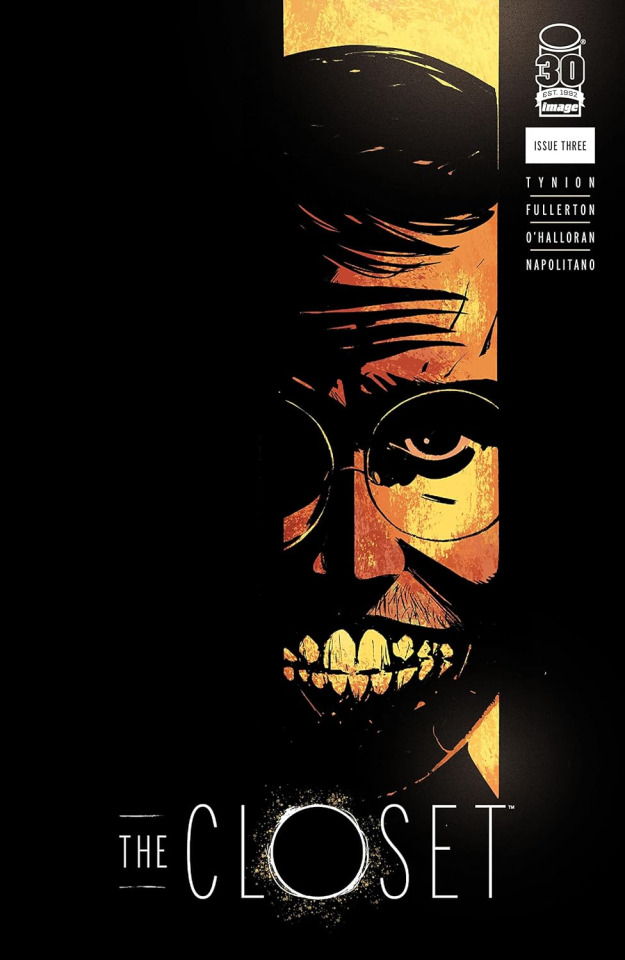
#the closet#james tynion iv#image#image comics#indie comic#indie comics#horror#horror comic#horror comics#poll
10 notes
·
View notes
Text
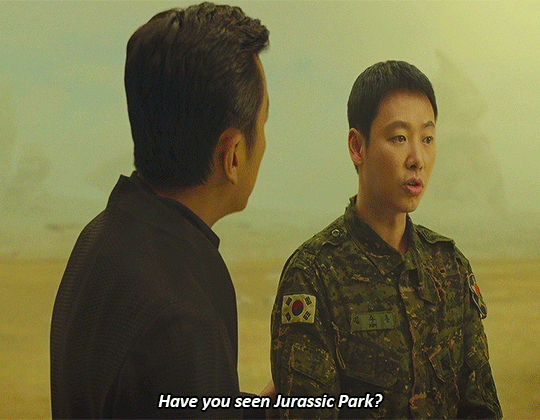

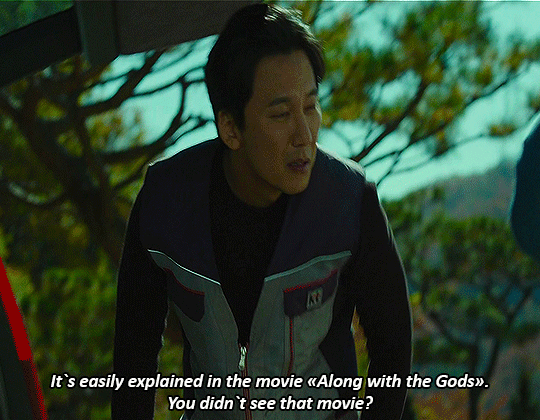

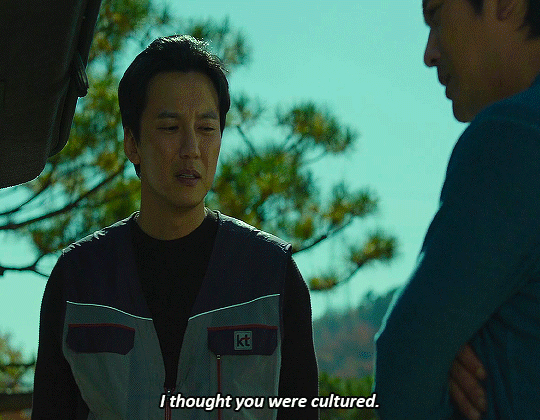
#along with the godsthe last 49 days#along with the gods#the closet#the closet 2020#ha jung woo#kim nam gil#kim dong wook#I still can't believe that this dialog exists#It's incredibly funny
10 notes
·
View notes
Photo

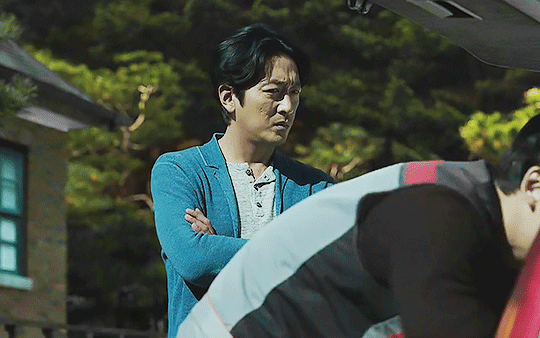
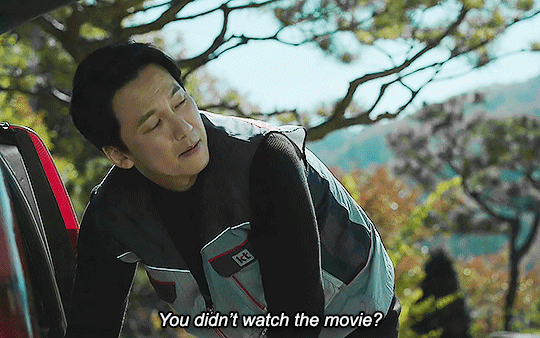

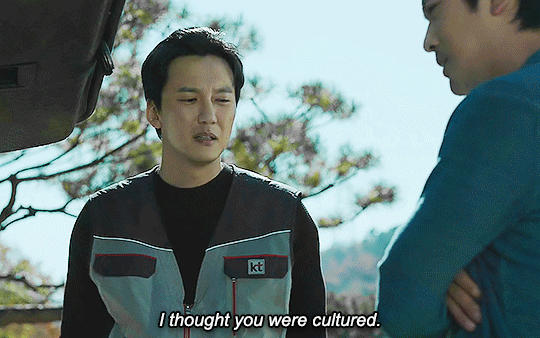
The Closet (2020)
#if you don’t get the joke:

#the closet#along with the gods#kdramaedit#kdramadaily#asiandramanet#kim nam gil#ha jung woo#kim namgil#ha jungwoo#dailyasiandramas#filmgifs#filmtvcentral#cinematv#worldcinemaedit#fyeahmovies#the closet 2020#kmovie#theclosetedit#userkunedits
245 notes
·
View notes
Photo
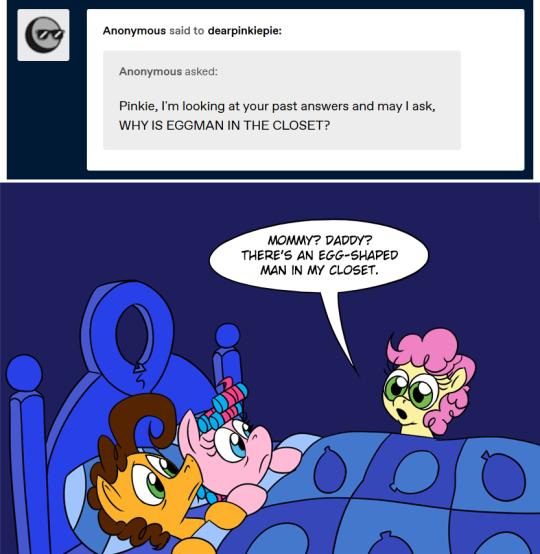
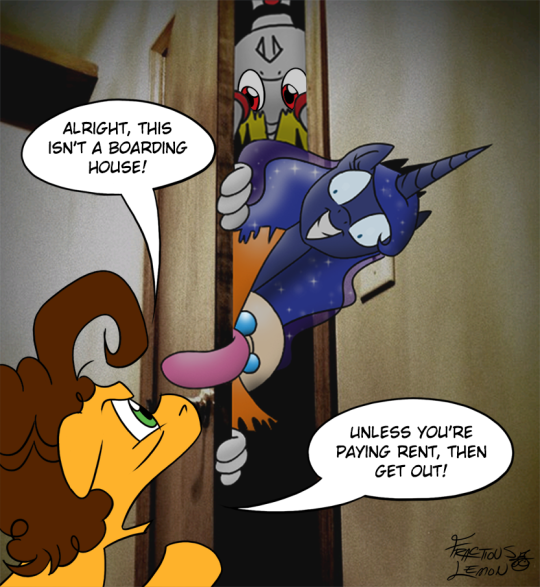
———————————————
ASK LITTLE CHEESE
Start at the Beginning || Ask A Question
View / Send Fan Art || Become A Patron
Read Our Other Comics
#the closet#eggman#robotnik#luna#princess luna#lucia nightblood#dearpinkiepie#mlp#my little pony#pinkie pie#little cheese#cheese sandwich
96 notes
·
View notes
Text



“So I just stay in here the whole ti-“
“YES”
(12 points to anyone that can figure out who the other two clones are)
Part 2: Here
#Sorry#had some mistakes on the last post#so i deleted it#clone high#topher bus#frida#clone high frida#frida kahlo#mystery characters#issart#closet#the closet#ch
344 notes
·
View notes
Text

5 days until st4: one way into the closet for michael wheeler
#mike wheeler#byler#stranger things#byler fanart#daily st doodle#welcome to his world#the closet#sammi's art
392 notes
·
View notes
Text
Someone You Know is Trans; They don’t deserve to Die in the Closet.
It’s been two years, four months and twenty days since the day my best friend committed suicide. She was a transgender woman struggling with mental health, had admitted herself into the psychward a few times prior, and I thought she was taking her meds and getting better. There had been three instances where she’d mentioned/struggled with deciding over the ten years I knew her whether to go back on HRT or not.
At the time, she was back in college pursuing an IT degree, she planned to go back on HRT, move out to Sacramento CA permanently, have a small piece of property, and adopt a black kid. She was a stoner, a grease monkey, an atheist, pool player, and a big part of what made living my life in NJ easier and more enjoyable than it ever would’ve been. She also wrote letters to queer/trans inmates within the Black/Pink Project. She loved reading, film, collecting license plates, and muscle cars. Some of her favorite writers included Chuck Wendig, Douglas Adams, Michelle Tea, and Joe Hill.
I got my first tattoo with her present, and the same day backed her car into a brick wall while she was trying to teach me stick-shift (she took I really well). We went to concerts, played pool, smoked weed, made trips through the Adirondacks, and every bit of time I spent with them was memorable. She got me through a bad relationship just by being there and comforting me, helped me out whenever I had car trouble, and was there to help me move into new apartments three times; Anytime I needed help or a friend she was there. Our birthdays are exactly 3 months apart, or as they would say when I’d forgotten this fact, “You Idiot! We’re exactly 9 months apart how do you forget this!?” She didn’t give a shit what anyone else thought about her. I admired her courage to be herself.
I miss her. I still remember the last hug I gave her a week before it happened; the last time I’d gotten high with her she’d told me her name she wanted to start going by but I was so high I couldn’t remember it when I sobered up (I had to Uber home). I thought I could ask again next time I saw them in another week. I knew something was wrong. When I got the news the morning of: I got drunk, then I cried my eyes out about a week or two later. I helped bury my best friend and I couldn’t remember her name that she’d wanted to change it to, so the funeral was a misgendered funeral; It’s something I still feel awful about. She wanted to be buried in a Rheingold Beer Jumpsuit that had belonged to her grandfather; instead it was a regular suit (not what they wanted). There was only one photo at the funeral of when she’d briefly started transitioning when I first met her, before she went off of HRT. I didn’t know how to bring any of this up to her Dad. He wasn’t a transphobe. I just didn’t know how to bring it up and since I didn’t have the name she wanted to go by I thought it more important to help bury my friend.
Out of respect for not wanting to dead name her, I won’t use names. I just want to finally put something up here and TransDay of Remembrance seemed appropriate. It’s taken me time to put this up here because I wasn’t sure how the parents or other friends would feel about this. I know I’m not the only person she shared this with, but know that if she’d had more time more people would’ve known about this.
I’m posting this in memory of my friend and for all the trans-women/men/etc, who never come out and who never will.
Memento Mori Memento Vivere
Remember you will die. Remember to Live.
#trans day of remembrance#trans visibility#trans day of remembrance 2023#trans rights are human rights#LGBT visibility#queer visibility#the closet
6 notes
·
View notes
Text
HAPPY PRIDE MONTH BESTIES!!!
pride poll: misc! bc everyone belongs at pride :D
I LOVE YOU ALL!!!
HAPPY FUCKING PRIDE!!!
#pride 2023#pride#pride month#the closet#polyamory#queer religion#affirmation surgery#neurodiversity#neopronouns#qpr#queerplatonic#straight passing#straight passing relationships#PROUD!#happy pride 🌈
12 notes
·
View notes
Text
The Loneliness of Louis De Pointe Du Lac
Everyone in Louis’ life is a dependent or someone he pays.
He has no friends as an adult in the black community. Presumably, the respectable creoles don’t want to deal with a pimp and lower class black people are beneath his family’s class.
What about casual male friendships? Could Louis be friends with straight black men at all? No. He could never reveal the secret of his sexuality to them, so even if he socialized with them, he could never share anything real about himself.
His priest may care for him, but without those donations, I doubt that Louis or Paul would have been welcome in the church.
Lily is the person who knows his secrets, but she is only safe because he pays for her discretion. That isn’t a real friendship.
He has no male lovers, only furtive encounters. He cannot be friends with gay men because that could lead to exposure, public shame, arrest, and financial ruin.
The only friend he has is his brother and Paul is falling apart. Then Paul kills himself and Louis has no one to turn to for comfort. His mother’s and sister’s love is conditional.
He is and has always been profoundly lonely and unseen. Louis was likely suicidal and depressed but functional before he even became a vampire, and this change didn’t give him any power that he could use; it just pushed him further into the closet and away from people.
#Jacob Anderson#IWTV#Interview with the vampire#homophobia#Racism#TW: suicide#the closet#louis de pointe du lac
33 notes
·
View notes